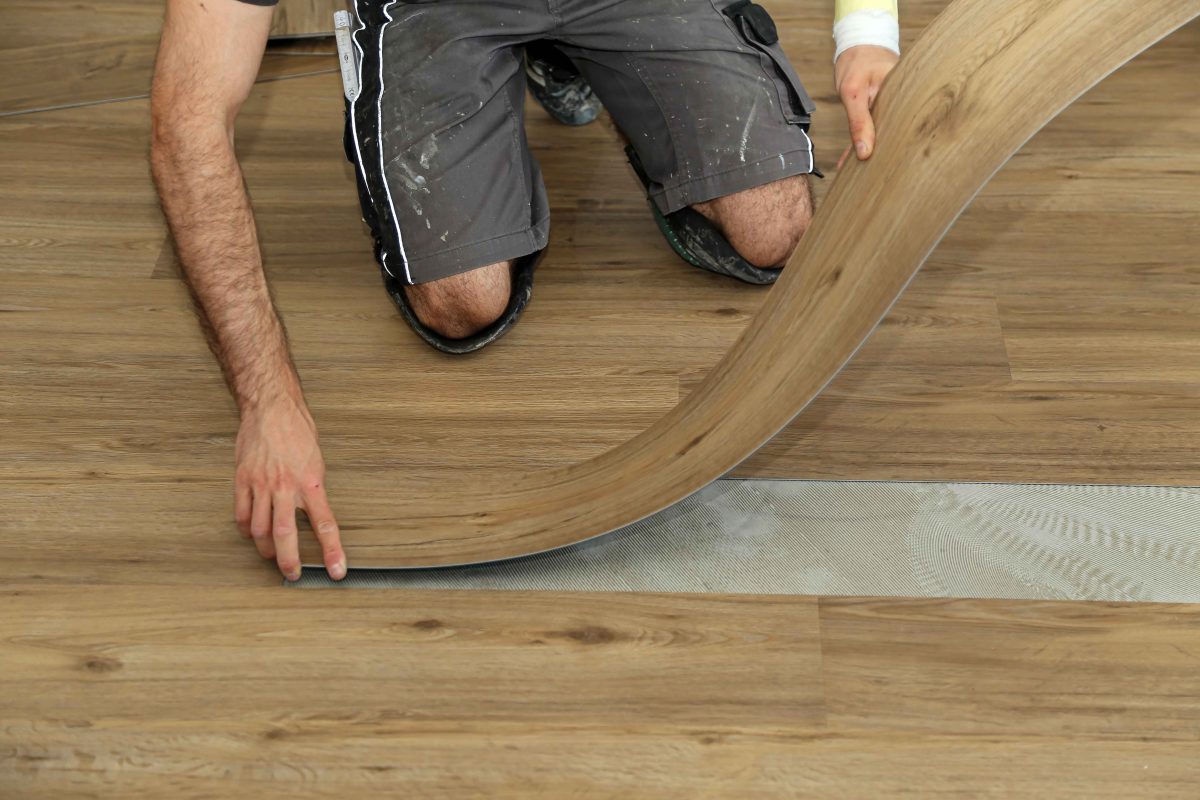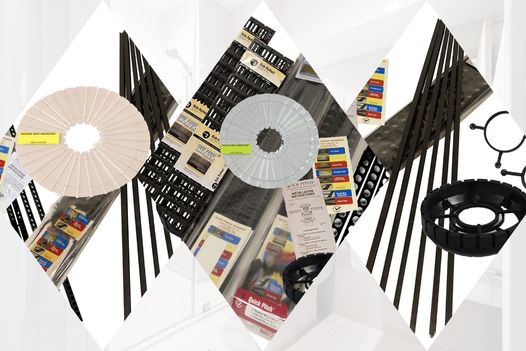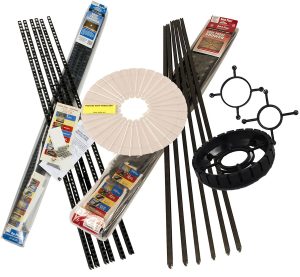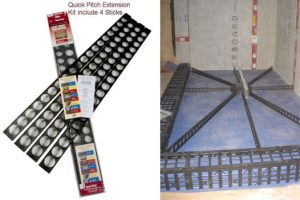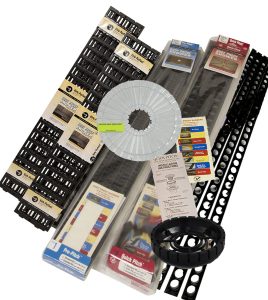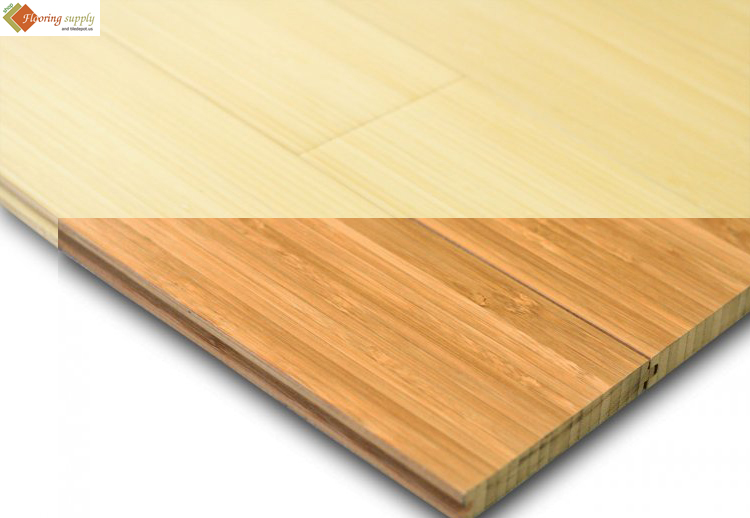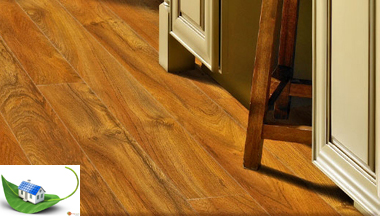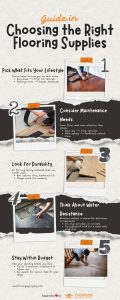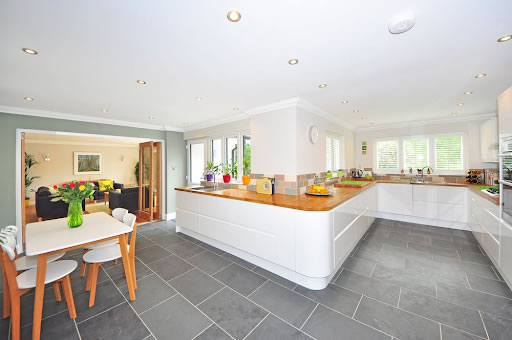When considering flooring options for your home, durability, aesthetics, and affordability are key factors influencing your decision. Luxury Vinyl Tile (LVT) flooring has recently emerged as a popular alternative to traditional options like hardwood, ceramic tile, laminate, and sheet vinyl. In this blog, we’ll clearly define Luxury Vinyl Tile, delve into its numerous benefits, explore how it compares to traditional flooring options, including vinyl wood flooring, and help you determine if it’s the right choice for your home.
What is Luxury Vinyl Tile (LVT)?
Luxury Vinyl Tile, commonly known as LVT, is a modern flooring solution designed to replicate the look and feel of natural flooring materials like wood and stone. Unlike traditional vinyl flooring, LVT is manufactured in multiple layers, typically including a wear layer, design layer, vinyl core, and backing. This construction offers enhanced durability and improved visual appeal, closely mimicking authentic materials at a fraction of the cost.
Key Benefits of LVT Flooring
LVT flooring offers several notable benefits:
- Durability: LVT is highly resistant to scratches, stains, and dents, making it an excellent choice for high-traffic areas. Its robust wear layer ensures that it maintains its appearance over time, even under demanding conditions.
- Easy Maintenance: Compared to traditional flooring, LVT requires minimal upkeep. Regular sweeping and occasional damp mopping suffice to keep it looking pristine, a key reason homeowners choose this flooring solution.
- Waterproof: One significant advantage of LVT flooring is its waterproof nature. This feature makes it ideal for moisture-prone areas such as kitchens, bathrooms, and basements, where traditional wood flooring might deteriorate.
- Versatility in Design: LVT comes in a wide array of styles, colors, and textures, including realistic wood and stone finishes. Whether you desire the rustic charm of vinyl wood flooring or the elegance of marble, there’s an LVT option available to match your interior décor.
- Comfort and Warmth: Unlike ceramic or stone, LVT offers a warmer underfoot feel and added comfort, reducing fatigue when standing for long periods.
- Cost-Effectiveness: Luxury Vinyl Tile offers an affordable alternative to traditional hardwood and stone, without compromising aesthetic appeal or performance.
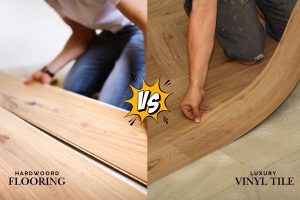
LVT vs Hardwood Flooring: How Do They Compare?
Comparing LVT vs hardwood flooring often involves several considerations:
- Durability and Maintenance: Hardwood floors, while beautiful, are more susceptible to scratches, dents, and water damage. They also require periodic refinishing. In contrast, LVT’s resilient wear layer offers superior durability with significantly lower maintenance needs.
- Cost and Installation: Hardwood floors typically require professional installation and incur higher upfront costs. Conversely, LVT flooring is generally less expensive and can often be installed as a DIY project due to its click-and-lock installation methods.
- Aesthetics: While hardwood has a timeless beauty, modern LVT products closely mimic the natural look of wood, offering realistic textures and finishes. For those seeking the visual appeal of wood without the drawbacks, vinyl wood flooring in the LVT category is an excellent choice.
- Environmental Factors: Hardwood is naturally sourced but requires more environmental resources for harvesting and processing. LVT, however, often incorporates recycled materials, providing a more eco-conscious option.
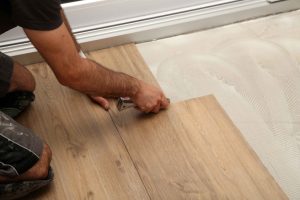
LVT vs. Traditional Flooring Options
When evaluating LVT against other traditional flooring options such as ceramic tile, laminate, and sheet vinyl, several distinct advantages emerge:
- Ceramic Tile: While ceramic tile is highly durable and moisture-resistant, it can be cold, hard, and uncomfortable to stand on for extended periods. LVT offers similar moisture resistance but adds warmth, comfort, and better sound absorption, making it more suitable for living spaces and bedrooms.
- Laminate Flooring: Laminate can replicate wood flooring but lacks LVT’s water-resistant properties. Exposure to moisture can warp laminate, whereas LVT remains stable and intact, making it a superior choice for kitchens and bathrooms.
- Sheet Vinyl: Sheet vinyl is affordable and water-resistant but doesn’t offer the same visual realism or resilience to heavy wear that LVT does. Additionally, sheet vinyl can be challenging to repair, while individual damaged tiles in LVT floors can be easily replaced without disturbing the entire flooring.
LVT is particularly advantageous in scenarios such as:
- Bathrooms and Kitchens: The waterproof nature of LVT makes it perfect for moisture-prone areas.
- Basements: LVT withstands basement conditions better than wood or laminate due to its resilience against humidity and potential flooding.
- Rental Properties: LVT flooring provides durability and easy maintenance, making it ideal for rental properties where frequent tenant turnover may occur.
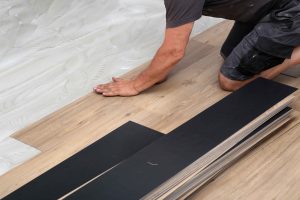
Is Luxury Vinyl Flooring Right for You?
Determining whether Luxury Vinyl Tile flooring is right for you depends on your specific needs and preferences. Consider LVT flooring if:
- You need flooring that’s durable and easy to maintain.
- You’re looking for a water-resistant solution suitable for kitchens, bathrooms, or basements.
- You want the look of hardwood or natural stone without the associated costs and maintenance hassles.
- You require flooring that offers warmth and comfort underfoot.
- You’re aiming for an easy DIY installation process.
LVT flooring’s impressive combination of practicality, affordability, aesthetics, and durability makes it an outstanding alternative to traditional flooring options. Whether renovating your home or updating a rental property, LVT delivers both performance and style, ensuring your flooring investment pays off for years to come.
